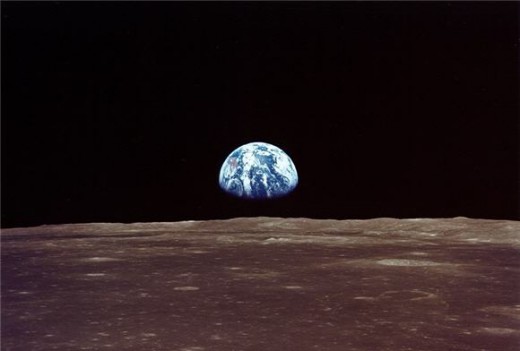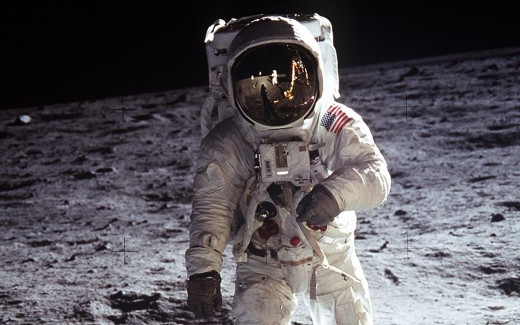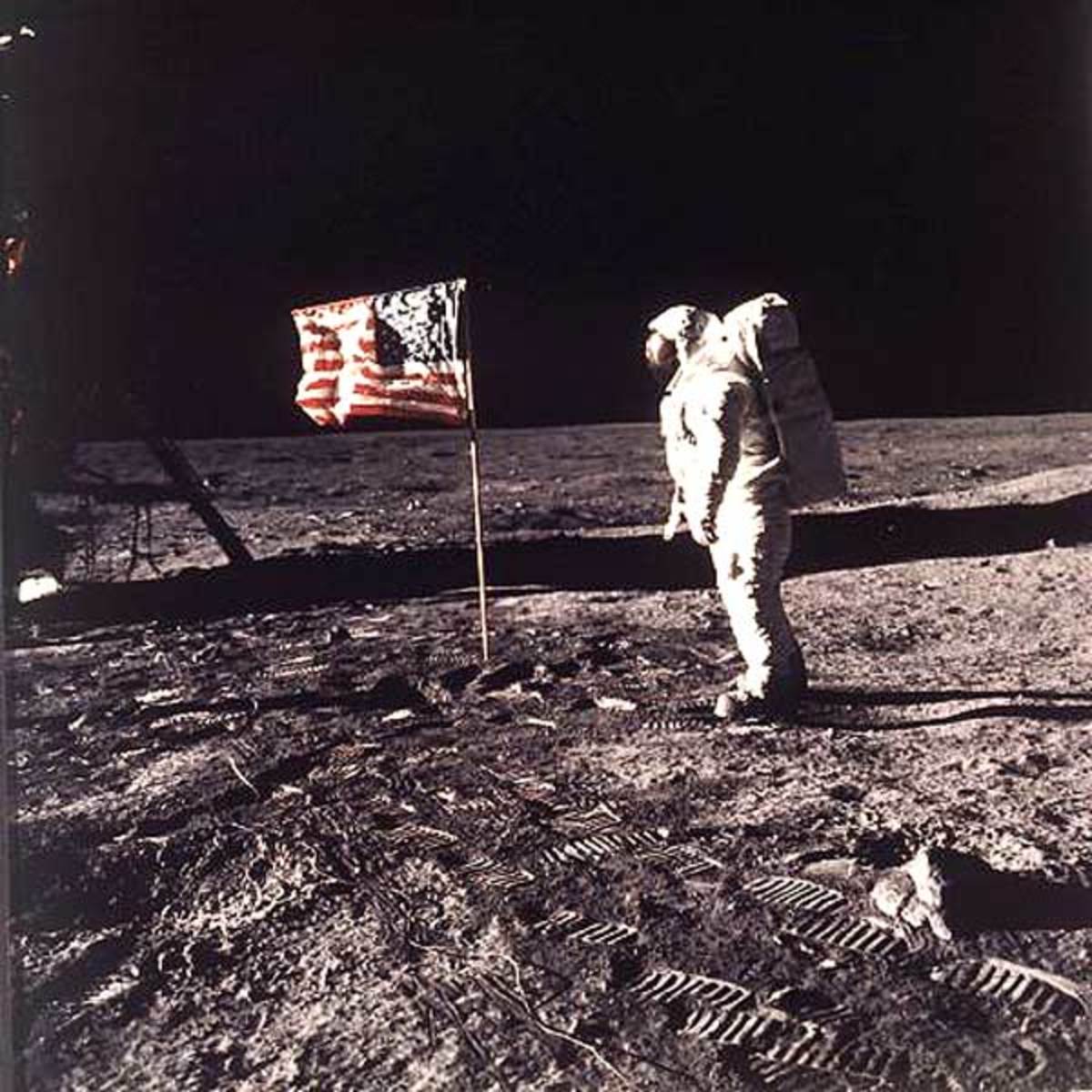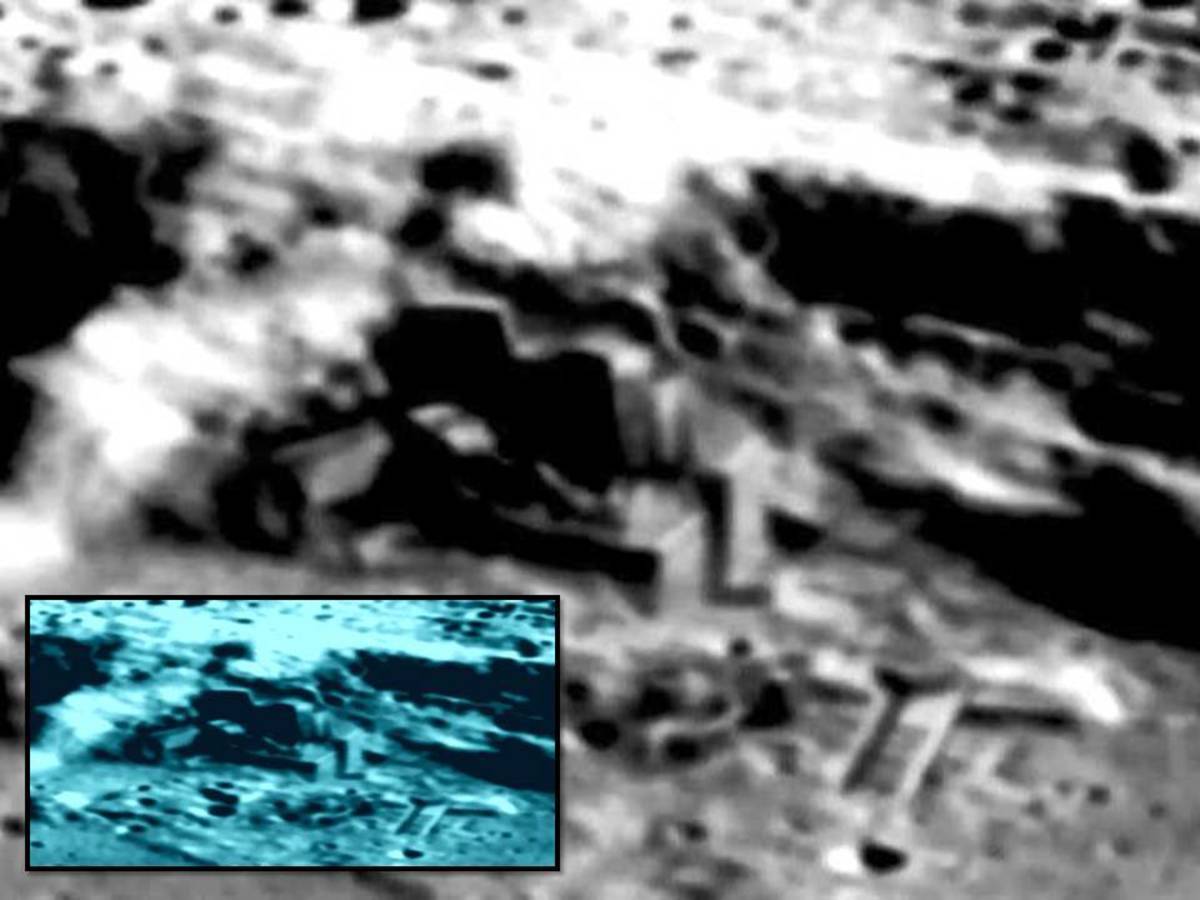One Small Step for a Man
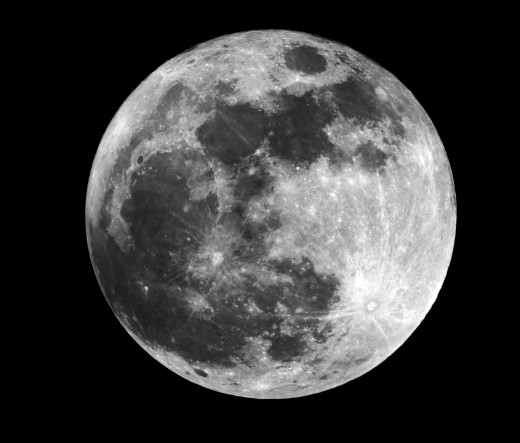
With the recent death of Neil Armstrong, there has been a tempest in a teapot about exactly what he said before putting his foot on the moon.
Some individuals (including Buzz Aldrin) claim that Armstrong forgot to add the article "a" when he said, "One small step for (a) man. One giant leap for mankind." Here on Earth the transmission was distorted by static, so we'll never know for sure, and I for one do not care a twit.
According to Aldrin, Armstrong prepared the quote shortly before or after landing.
I had always assumed that a speech writer for the White House had prepared the text in the event that it was successful.
I've always loved the quote because it conveys such humility as well as the expansive idea that Armstrong's final step was not just the culmination of a long goal for the US, but it monumentally represented mankind as being different than other arthropods to something vastly richer, i.e., explorers of the cosmos.
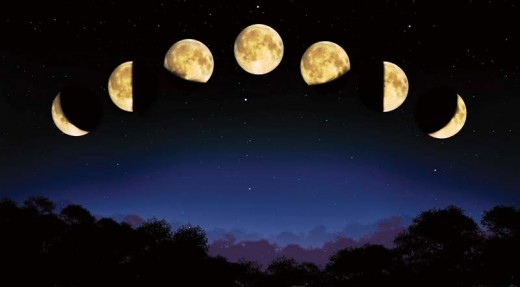
Looking over my score of years, I'd have to say the moon landing was the most exciting and intense experience of my life.
I felt joyous that we beat the Russians in a extremely difficult, technical exercise, and it may have been the pinnacle of my pride in being an American. I didn't necessarily feel that the event was simply a flaunting of American superiority. I felt that the landing proved something about all of us as a species -- that it somehow validated our maturity and scientific knowledge.
We might already have colonies on Mars if it hadn't been for the diversions of Viet Nam, etc., etc. We are now in an era where space expeditions (manned or unmanned) seem like a reckless use of dollars, and that is too bad. Within the lifetime of our civilization, we may never make it outside our own solar system, and this is sad because we have the capacity to do so much more.
I think Neil Armstrong would have the same sentiment. We are a species of travelers. Fossil evidence indicates that homo sapiens were in parts of Europe 20,000 years ago. Sure, some of this wandering was forced upon us due to the requirements of food and fresh water. But, I think others merely traveled on to see whatever was over the next mountain.
Think of how quickly the Europeans gained dominance in North and South America.
Modern man, like our ancestors, always seemed to seek new land. Other animals have this instinct to branch-out as well. It's good for the survival of the species and mixing of the gene pool.
The possible flub that Neil Armstrong may have made is irrelevant to the question of whether or not our country (and others) are willing to sustain the cost of our exploration of outer space.
